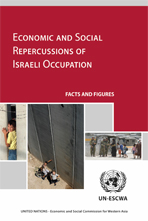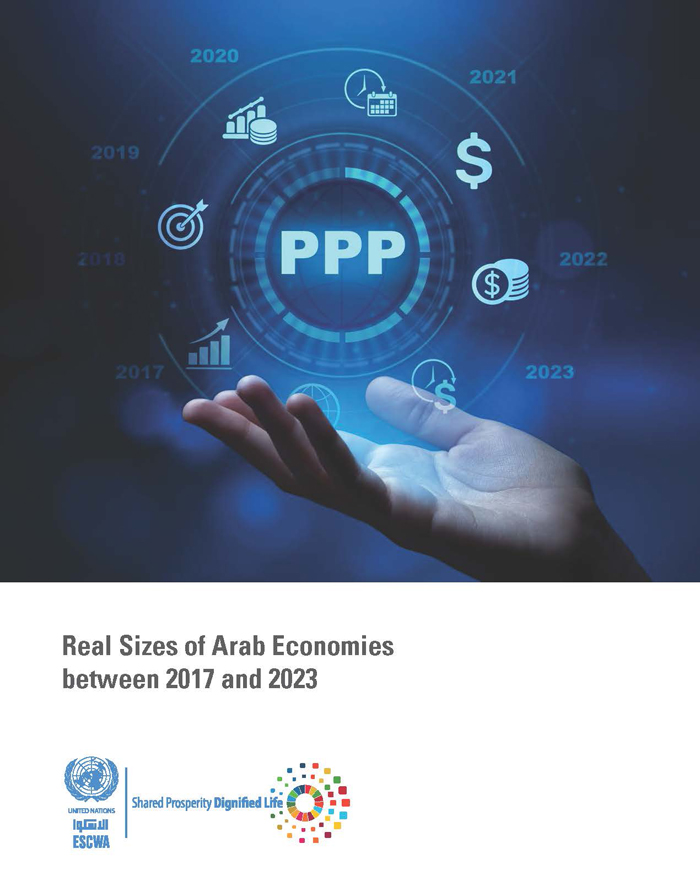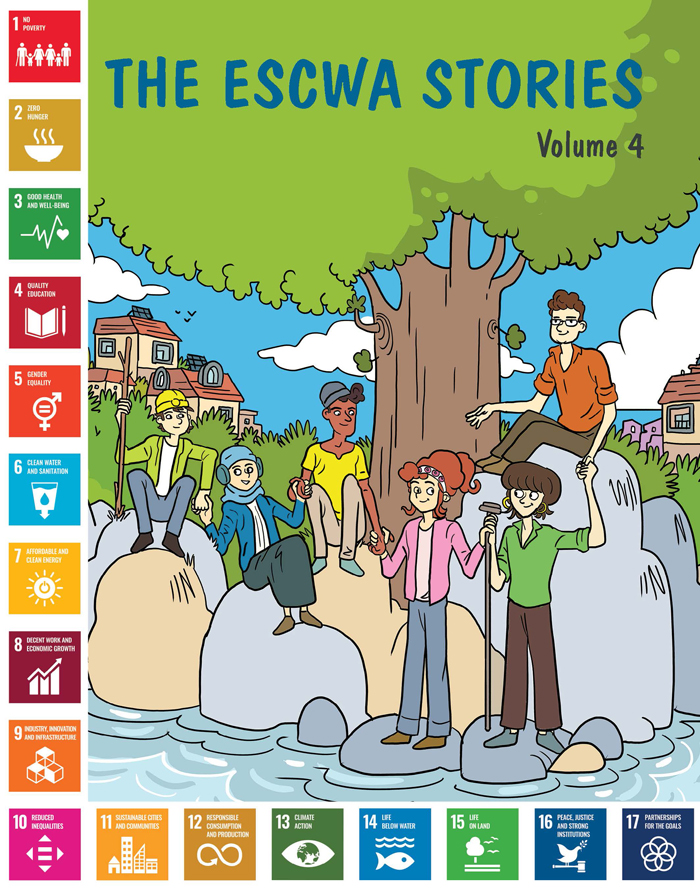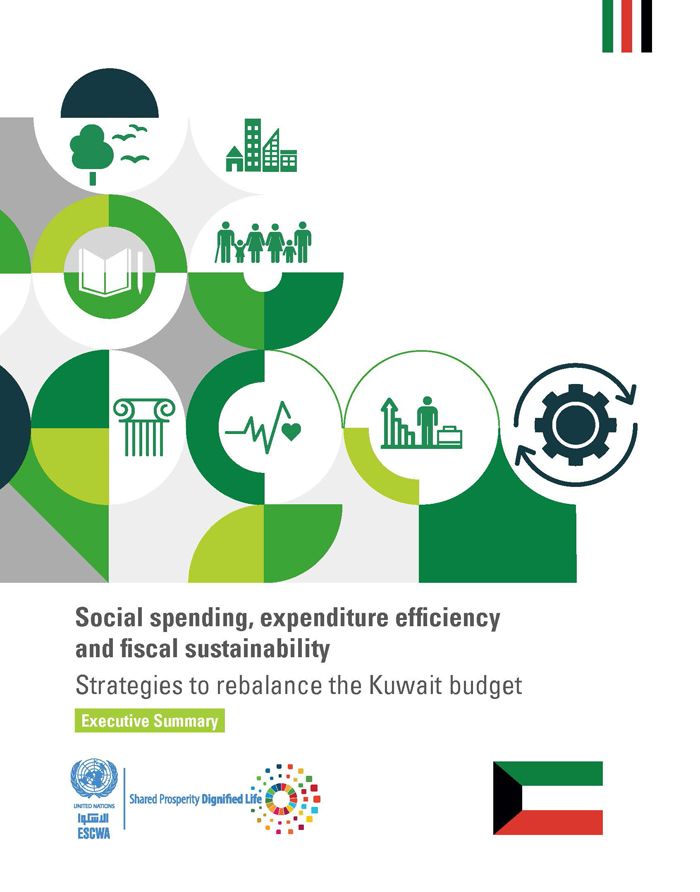
ESCWA Publication: E/ESCWA/ECRI/2008/1
Country: State of Palestine
Publication Type: Reports & studies
Cluster: Governance and Conflict Prevention
Focus Area: Financing for development, Inclusive development, Resilient development & conflict prevention
Initiatives: Support to the Palestinian people
SDGs: Goal 1: No Poverty, Goal 11: Sustainable Cities and Communities
Keywords: Economic aspects, Israel, Military occupation, Social aspects, State of palestine, Statistical data, Poverty, Education, Environmental statistics, Natural resources, Occupations, Public health, Social statistics, Unemployment, Water statistics, Youth, Israel, Destruction of property, Governance, Conflict
Economic and Social Repercussions of the Israeli Occupation: Facts and Figures
January 2008
The United Nations Economic and Social Commission for Western Asia (ESCWA) monitors the social and economic conditions in the occupied Palestinian territory and, at the request of the Economic and Social Council and the General Assembly, prepares the Secretary-General’s “Report on the economic and social repercussions of the Israeli occupation on the living conditions of the Palestinian people in the occupied Palestinian territory, including East Jerusalem, and the Arab population in the occupied Syrian Golan”.The growing poverty and humanitarian need in the occupied Palestinian territory can be primarily attributed to the Israeli closure system, which restricts Palestinian access to health and education services, employment and social networks. Additionally, Israeli settlements, the confiscation of land and the construction of the barrier in the West Bank, which contradict the Geneva Conventions and other norms of international law, isolate occupied East Jerusalem, dissect the West Bank into dozens of enclaves and curtail normal economic and social life. By highlighting the relevant facts and figures, this brochure illustrates the adverse conditions faced by both Palestinians residing in the occupied Palestinian territory, including East Jerusalem and the Arab population in the Occupied Syrian Golan.
Related content
Financing for development
, Inclusive development
, Resilient development & conflict prevention
,
The United Nations Economic and Social Commission for Western Asia (ESCWA) monitors the social and economic conditions in the occupied Palestinian territory and, at the request of the Economic and Social Council and the General Assembly, prepares the Secretary-General’s “Report on the economic and social repercussions of the Israeli occupation on the living conditions of the Palestinian people in the occupied Palestinian territory, including East Jerusalem, and the Arab population in the occupied Syrian Golan”.The growing poverty and humanitarian need in the occupied Palestinian territory can be primarily attributed to the Israeli closure system, which restricts Palestinian access to health and education services, employment and social networks. Additionally, Israeli settlements, the confiscation of land and the construction of the barrier in the West Bank, which contradict the Geneva Conventions and other norms of international law, isolate occupied East Jerusalem, dissect the West Bank into dozens of enclaves and curtail normal economic and social life. By highlighting the relevant facts and figures, this brochure illustrates the adverse conditions faced by both Palestinians residing in the occupied Palestinian territory, including East Jerusalem and the Arab population in the Occupied Syrian Golan.



